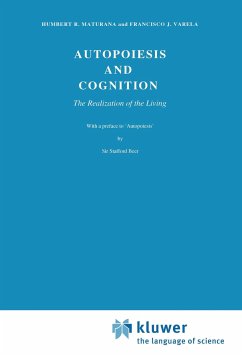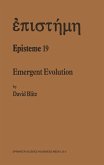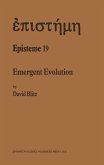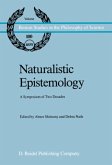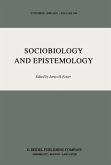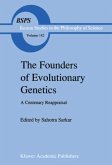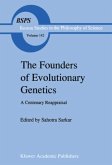What makes a living system a living system? What kind of biological phenomenon is the phenomenon of cognition? These two questions have been frequently considered, but, in this volume, the authors consider them as concrete biological questions. Their analysis is bold and provocative, for the authors have constructed a systematic theoretical biology which attempts to define living systems not as objects of observation and description, nor even as interacting systems, but as self-contained unities whose only reference is to themselves. The consequence of their investigations and of their living systems as self-making, self-referring autonomous unities, is that they discovered that the two questions have a common answer: living systems are cognitive systems, and living as a process is a process of cognition. The result of their investigations is a completely new perspective of biological (human) phenomena. During the investigations, it was found that a complete linguistic description pertaining to the 'organization of the living' was lacking and, in fact, was hampering the reporting of results. Hence, the authors have coined the word 'autopoiesis' to replace the expression 'circular organization'. Autopoiesis conveys, by itself, the central feature of the organization of the living, which is autonomy.
This is a bold, brilliant, provocative and puzzling work. It demands a radical shift in standpoint, an almost paradoxical posture in which living systems are described in terms of what lies outside the domain of descriptions. Professor Humberto Maturana, with his colleague Francisco Varela, have undertaken the construction of a systematic theoretical biology which attempts to define living systems not as they are objects of observation and description, nor even as in teracting systems, but as self-contained unities whose only reference is to them selves. Thus, the standpoint of description of such unities from the 'outside', i. e. , by an observer, already seems to violate the fundamental requirement which Maturana and Varela posit for the characterization of such system- namely, that they are autonomous, self-referring and self-constructing closed systems - in short, autopoietic systems in their terms. Yet, on the basis of such a conceptual method, and such a theory of living systems, Maturana goes on to define cognition as a biological phenomenon; as, in effect, the very nature of all living systems. And on this basis, to generate the very domains of interac tion among such systems which constitute language, description and thinking.
Hinweis: Dieser Artikel kann nur an eine deutsche Lieferadresse ausgeliefert werden.
This is a bold, brilliant, provocative and puzzling work. It demands a radical shift in standpoint, an almost paradoxical posture in which living systems are described in terms of what lies outside the domain of descriptions. Professor Humberto Maturana, with his colleague Francisco Varela, have undertaken the construction of a systematic theoretical biology which attempts to define living systems not as they are objects of observation and description, nor even as in teracting systems, but as self-contained unities whose only reference is to them selves. Thus, the standpoint of description of such unities from the 'outside', i. e. , by an observer, already seems to violate the fundamental requirement which Maturana and Varela posit for the characterization of such system- namely, that they are autonomous, self-referring and self-constructing closed systems - in short, autopoietic systems in their terms. Yet, on the basis of such a conceptual method, and such a theory of living systems, Maturana goes on to define cognition as a biological phenomenon; as, in effect, the very nature of all living systems. And on this basis, to generate the very domains of interac tion among such systems which constitute language, description and thinking.
Hinweis: Dieser Artikel kann nur an eine deutsche Lieferadresse ausgeliefert werden.

